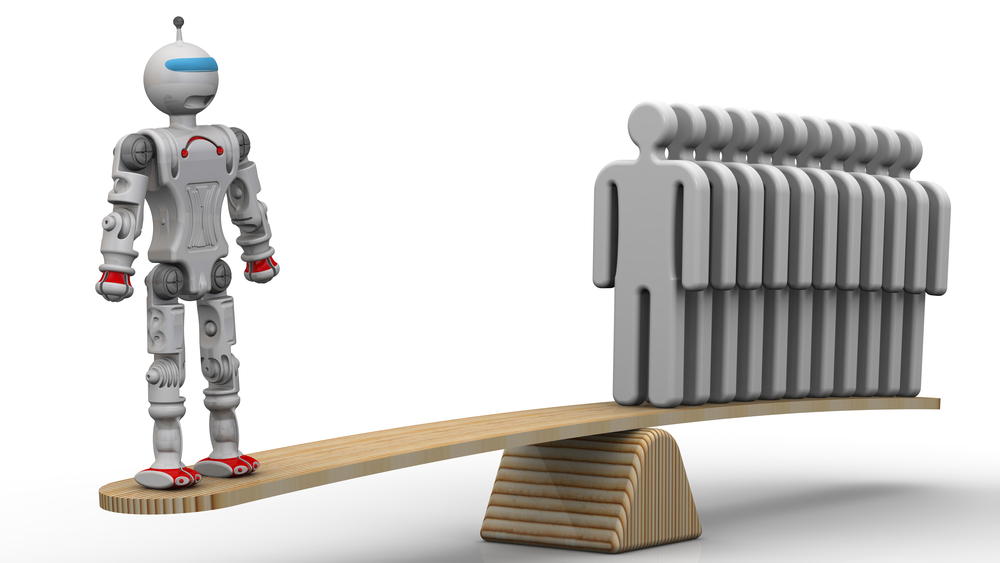
A month into a new year, it’s only natural to reflect upon where we’ve been and where we’re going. For some of us, this is a relatively straight forward exercise – we continue doing what we’ve been doing, in the good faith that this will be a constant for the foreseeable future. However, for those looking to begin their careers or break into the job market for the first time, where we’re going is a more uncertain proposition than it’s ever been.
This sounds like a scary thought, and it isn’t to say that recent graduates will struggle to find work or to excel in their chosen careers, it’s more a reflection of that fact that what we do for work is transforming in a way that we have never experienced. With estimates stating that almost half of Australian jobs are at risk of computerisation, and 65% of children entering primary school will end up working in jobs that don’t yet exist, how can we know how to prepare for the future? The uncertainty is not necessarily regarding the potential for employment, but rather, how do we know what skills we will need? We spend a lot of time learning, studying and training…we want to make sure we’re spending this time in the most productive way possible.
Of course, there is no answer to the conundrum of how to prepare for the unknown, but there are certain skills and traits that are highly regarded no matter where the workforce may take us. The shift in the types of skills that are valued is interesting, but perhaps not completely surprising. Where once upon a time it was manual and technical skills that would ensure employment and a comfortable standard of living, the next generation must show competence in social and emotional intelligence. More specifically, the World Economic Forum has reported that problem solving, collaboration, creativity and critical thinking will be essential for the next generation of job candidates. And for those currently working? It’s likely that supplementary skills will be essential in order to remain competitive in existing jobs.
It’s an interesting shift, but one that should be welcomed, given that not only will these skills be valuable for future careers, but they are beneficial to our lives and relationships outside of work. It’s also interesting to note that whilst we are spending more time working alone, logging on remotely, and engaged with technology, the skills required for the future are strongly linked to meaningful human connections and interactions.
In an age where, thanks to technology, the pace of change in the job market is unmatched, it’s also unsurprising to note that these required skills are unique to humans. At a time when there is talk of computers and robots taking our jobs, we must focus on those human qualities that can’t be replicated. Incorporating our emotional capabilities into the work we do is where we will have the edge over machines. Sure it may become difficult to compete in terms of inputs and outputs and calculations, but surely there’s an importance that lies in work completed using human values, interactions and intelligence.
So then, how do we prepare for the unknown? Perhaps the answer may be not to worry about what new jobs will arise, but rather how we can equip ourselves to be prepared and relevant as things change. As reported, our ability to capitalise on that which makes us uniquely human will be key, as those who show resilience, adaptability and flexibility in the face of impending change will be those who succeed.